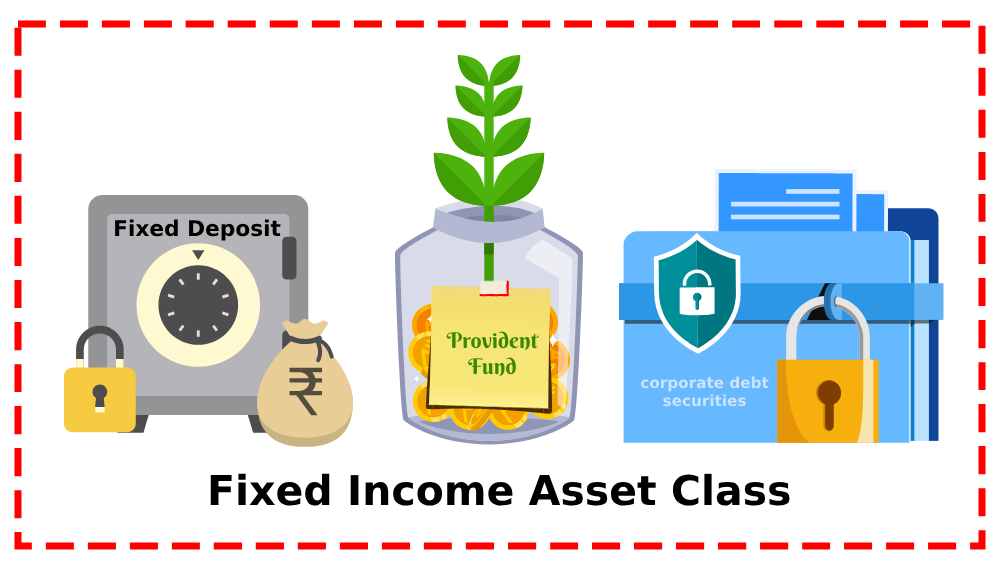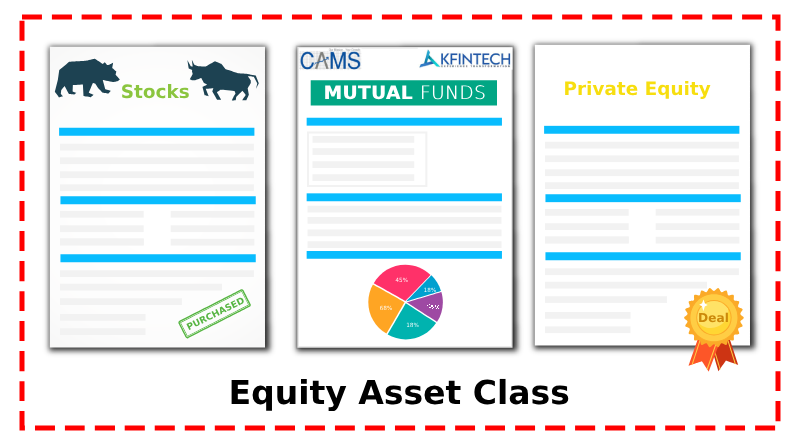Introduction
Investing is a crucial aspect of achieving financial goals and securing a stable future. When it comes to investing, understanding different asset classes is fundamental to making informed decisions. Asset classes are broad categories of financial instruments with similar return characteristics. Each asset class has its unique features, and by diversifying across various types, investors can manage risk and potentially maximize returns. In this blog, we will take a comprehensive look at the world of asset classes, exploring their types and uncovering the key factors that contribute to smart investing.
What are Asset Classes?
Asset classes can be thought of as investment categories that represent various types of assets. Asset classes are groups of securities that have similar characteristics and responses to market variations. As a result, investors can decide the best investment strategies and receive maximum profits without taking on any unnecessary risks. These assets can be grouped based on their common characteristics, such as risk, return potential, and liquidity. The main asset classes include:
Fixed Income:
One of the most trusted and oldest forms of investment among Indians is fixed income. This category includes Fixed Deposit (FD), corporate and government bonds, corporate debt securities, Public Provident Funds (PPF) and money market instruments, etc. In fixed income, investors earn interest at a fixed rate until the maturity date and is considered less risky.

Equity:
Equity is an interesting asset class that has become more popular over the last decade. Investing in equity means buying a part of a business. When you purchase shares of a company, you own a percentage of ownership in that company. This category includes Stocks, Mutual Funds, Private equity etc. In Equity returns are not fixed as every business requires time to grow, and its share price can be impacted by market fluctuations, but Equity investments have a history of delivering strong returns over the long run.

Commodities:
Commodities are tangible goods used in trade that can be exchanged for other similar goods. This category includes gold, silver, crude oil, food crops etc. Commodities are valuable for diversification and stand out from other asset classes because they provide a hedge against inflation.


Real Estate:
The real estate asset class, as its name suggests, focuses on apartments, plots, industrial areas, villas, commercial buildings, etc. Real estate can provide rental income and has the potential for property value appreciation. The essential aspect that sets real estate investments apart from securities is their tangible nature, as real estate involves physical properties unlike securities that exist only virtually or in dematerialized forms. One significant drawback of real estate is the substantial upfront cost required to purchase any property.

Cash and Cash Equivalents:
These are ideal for short-term investments, primarily because of their high liquidity. Cash equivalents are highly liquid financial instruments, such as money market instruments, commercial papers, and treasury bills, that have a maturity period of up to one year. So, the money invested in cash and cash equivalents can be easily accessed whenever needed.
Factors to consider while selecting Asset Class for Smart Investing
Risk Tolerance and Time Horizon: Before deciding on asset allocation, investors must assess their risk tolerance and time horizon. Younger investors with a long investment horizon might lean towards riskier assets like equities, while those closer to retirement might prioritize income-generating assets like bonds.
Diversification is Key: The age-old advice “Don’t put all your eggs in one basket” emphasizes the importance of diversifying your investments. Diversifying across various asset classes can help spread risk and reduce the impact of poor performance in a single asset class. A well-diversified portfolio typically consists of a combination of stocks, bonds, and other assets.
Market Conditions and Economic Outlook: Market conditions and the economic outlook play a significant role in determining the performance of different asset classes. For instance, during periods of economic growth, equities tend to perform well, while in times of uncertainty, investors may flock to safe-haven assets like gold or cash.
Rebalancing: As asset classes perform differently over time, the initial asset allocation can get skewed. Regularly rebalancing the portfolio ensures that it aligns with the investor’s risk profile and long-term goals.
Research and Professional Advice: Investing in asset classes requires knowledge and research. Investors should analyse historical performance, future potential, and the correlation between different assets. Reaching out to financial professionals can be beneficial, as they can provide valuable guidance and insights.
Conclusion
Understanding the different types of asset classes is vital for making intelligent investment decisions. Each asset class has its own risk and return profile, and a diversified portfolio can help manage risk and optimize returns over the long term. Smart investing involves assessing one’s risk tolerance, diversifying across various asset classes, staying informed about market conditions, and seeking expert advice when needed. By following these principles, investors can embark on a journey towards achieving their financial goals and building a more secure financial future.





Very Helpful blog
Having a good knowledge of finanace and account make the the life esay
Cab Service in Chandigarh 24×7
short, knowledgeable
Keep it up! 🎯